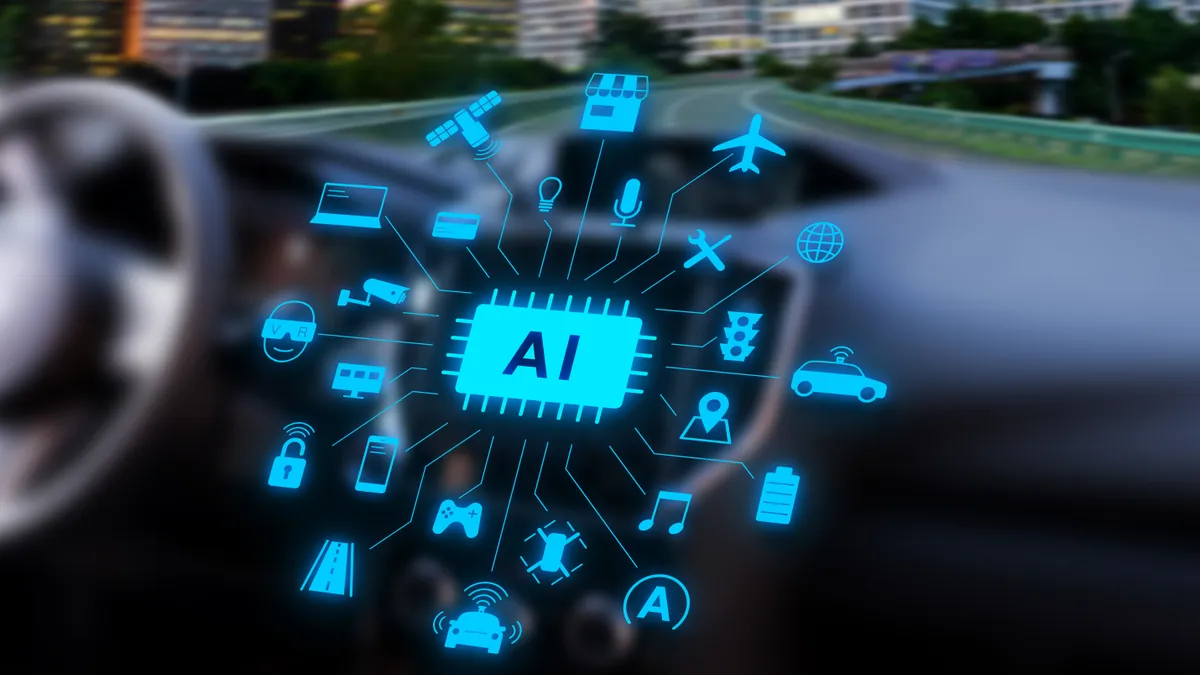Drew Murphy is the co-founder of FP&HEY, a virtual community for FP&A professionals. Views are the author’s own.
Are you anti-artificial intelligence and in the financial planning and analytics field? It doesn't matter whether you’re battling the fear of becoming obsolete, or FOBO, or if you’re just plain not convinced.
If you are anti-AI, you are about to get a bucket of ice water dumped on your head. That’s because your future job prospects in this acronym-filled career path depend on it.
Of course, AI has been progressing steadily for years, recently picking up a big head of steam with the launch of ChatGPT.
The revolutionary tool is already enabling many FP&A professionals to save time and raise the quality of our work. For example, some FP&A analysts, managers and executives are already using ChatGPT to draft outlines for standard operating procedures, presentations and emails, create learning plans for professional development or answer specific questions on modeling.
Yet over half of the FP&A professionals I come into contact with have zero clue as to how to wield AI’s power. It’s time for us to wake up and pay attention to AI.
Here’s a trick question: Do you use a computer, the Internet or large databases in your day-to-day FP&A job?
Well, don’t tell anyone if you don’t because it’s safe to say someone who does use these things could swoop in and run circles around you. The computer has been around for decades and those technological advances are what created the FP&A profession to begin with.
Just 30-plus years ago not everyone used a computer in business. The Internet hit mainstream corporate offices in the '90s. Then big data arrived in the early 2000s.
Remember when Excel only had a capacity for 65,536 rows back in 2006? Now Excel allows you to analyze datasets that have more than 1 million rows. And other technology can crunch 1,000 times that amount.
Nowadays, office phones have been replaced with email and video chat, and library research has been replaced by Google searches. All of these technological advances were not fads – they took over and changed the way people work. These technological advances didn’t destroy jobs, instead, they changed them. And if you didn’t adapt, you were likely replaced by someone who did.
The good news for those who haven’t embraced AI? You probably already use AI and don’t know it yet (surprise). This means there’s still hope for you to fully embrace the AI movement.
Don’t you love it when spell check fixes your mistakes and recommends certain words? Guess what that is? AI (we knew you loved it all along). AI is already helping you save time at work and in your everyday life. More examples of AI include your car navigation app, phone face ID, and Google search. So if you use AI already, aren’t you safe from AI adopters taking your job? Nope. Because you are just scratching the AI surface. It’s like you have a fancy computer but all you do is play solitaire on it.
Do your homework: look for books, podcasts and sites like ours to learn about AI applications in FP&A and everyday life. Start simple: A great place is today’s super popular AI tool ChatGPT. ChatGPT is
free, works just like Google search, and can help lay the foundation for your own AI revolution. Use it just like you would the internet, responsibly.
So don’t be fearful. You still have time to learn AI and futureproof your FP&A career.











